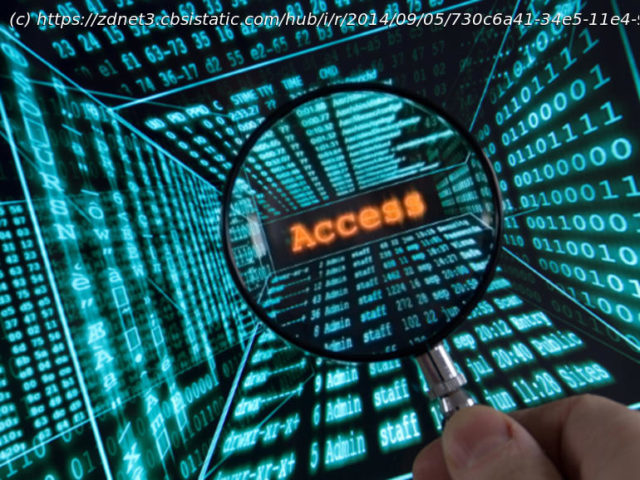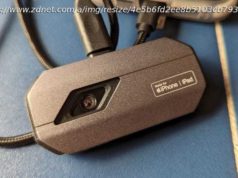Legislation detailing the scope of law enforcement’s access to COVID-19 contact tracing data is passed in Singapore, but questions are raised on whether police access should be included given the erosion in public trust.
Singapore has passed new legislation detailing the scope of local law enforcement’s access to COVID-19 contact tracing data. It does so amidst questions whether the bill offers sufficient clarity and if police access should be excluded in the interest of public health. The COVID-19 (Temporary Measures) (Amendment) Bill was debated, and eventually passed, in parliament Tuesday under a Certificate of Urgency, which allows the government to more swiftly introduce new legislation deemed urgent. The move comes weeks after it was revealed the police could access the country’s TraceTogether contact tracing data for criminal investigations, contradicting previous assertions that this information would only be used when the individual tested positive for the coronavirus. It sparked a public outcry and prompted the government to announce plans for a new bill that would limit police access to seven categories of “serious offences”, during which contact tracing data could be used for criminal probes, inquiries, or court proceedings. These included cases involving terrorism, use or possession of dangerous weapons, kidnapping, and serious sexual offences. The new legislation also encompasses data collected through other digital contact tracing apps, such as location visitor log SafeEntry and BluePass tokens, which are issued to migrant and local workers living or working in dormitories as well as those in construction, marine shipyard, and process sectors. BluePass data is interoperable with the TraceTogether platform. Introduced last March, TraceTogether taps Bluetooth signals to detect other participating mobile devices — within 2 metres of each other for more than 30 minutes — to allow them to identify those who have been in close contact when needed. Data collected is encrypted and stored for 25 days, before it is automatically deleted from the app or token. There currently are more than 4.2 million TraceTogether users, or about 80% of the local population. The new bill does not cover aggregated or anonymised data and supersedes existing laws. Public officers or contractors engaged by government agencies who are found guilty of unauthorised use or disclosure of contact tracing data face fines of up to SG$20,000 or imprisonment of up to two years, or both. TraceTogether and SafeEntry systems would cease once the pandemic is declared over — a timeframe that must be specified by the government.
Home
United States
USA — software Singapore passes bill governing police use of contact tracing data






